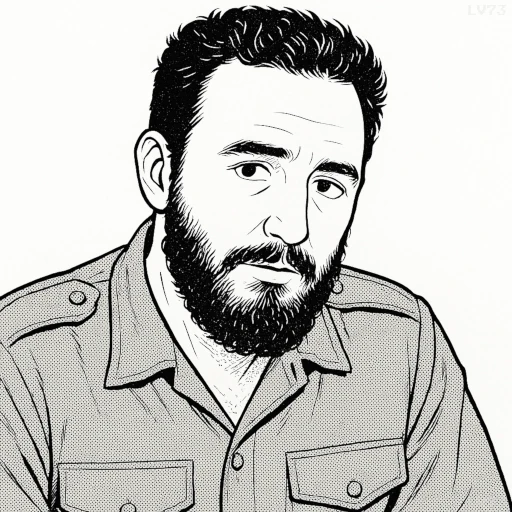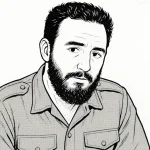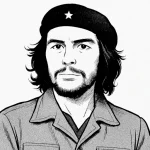“On one occasion, I accompanied my father to Pinares de Mayari. I was eight or nine years old. How he enjoyed talking when he left the house in Biran! There he was the proprietor of the land where sugar cane, pasture, and other agricultural crops were planted.”

- August 13, 1926 – November 25, 2016
- Cuban
- Revolutionary, Prime Minister and President of Cuba, Communist Leader
table of contents
Quote
“On one occasion, I accompanied my father to Pinares de Mayari. I was eight or nine years old. How he enjoyed talking when he left the house in Biran! There he was the proprietor of the land where sugar cane, pasture, and other agricultural crops were planted.”
Explanation
This quote is a personal recollection from Fidel Castro’s childhood, offering a rare and intimate glimpse into his early life and relationship with his father. The memory of traveling to Pinares de Mayarí, a region in eastern Cuba, reveals both a rural upbringing and a connection to the landowning class, as Castro’s father owned agricultural land in Birán. The line “how he enjoyed talking” reflects not only paternal affection but also a formative impression of leadership, confidence, and perhaps the charisma that would later define Fidel himself.
The historical significance lies in the contrast between Castro’s elite rural background and his later revolutionary identity as a champion of the poor and dispossessed. By describing his father as “the proprietor of the land”, Castro indirectly acknowledges a childhood shaped by privilege in a deeply unequal society—a fact that adds complexity to his political journey. It suggests that his revolutionary convictions were not born of poverty, but perhaps of witnessing structural inequality firsthand.
In today’s context, this reflection is a reminder that revolutionaries often come from within the systems they seek to change, and that ideological transformation can stem from personal observation and reflection. It also speaks to the lasting power of childhood memories in shaping political consciousness—how the sights, words, and rhythms of early life can echo into history through the choices of a single individual.
Would you like to share your impressions or related stories about this quote in the comments section?


